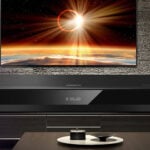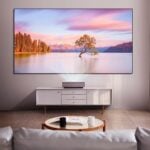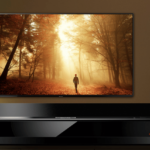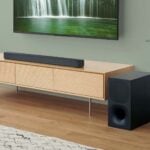The title may be a bit misleading as I already understand the basic concept of speaker sensitivity. What I'm hoping to learn more about here is what [in the speaker design] ultimately determines the sensitivity of a particular enclosure. Clearly the better performers in this area tend to be associated with correspondingly high end manufacturers. Mine are 87dB and they sound pretty good but I've seen others rated at 98dB. Should I be looking at those or should I be satisfied with what I have? My room is approximately 21 x 11 ft with an 8ft ceiling.
Thanks for all expert advice.
Thanks for all expert advice.





